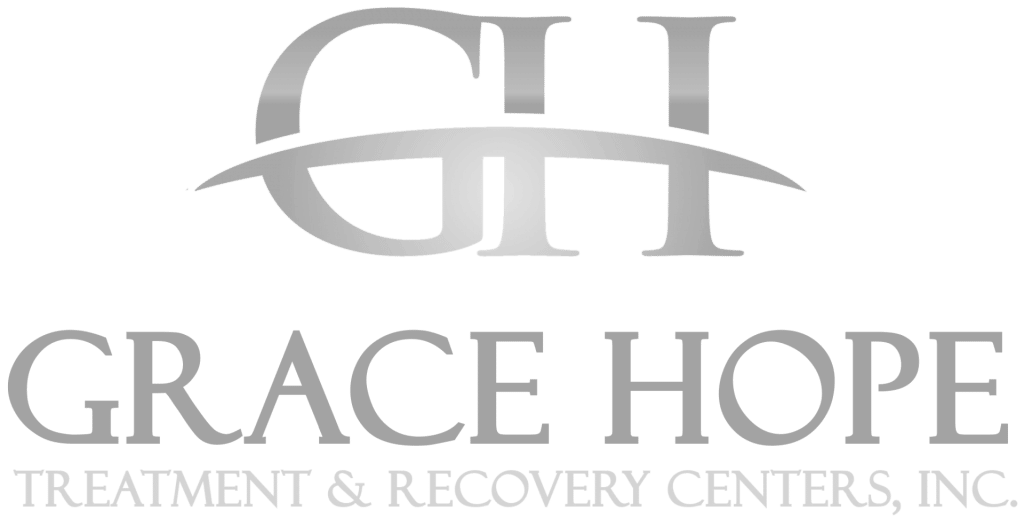Meth Addiction Treatment

Meth Addiction Treatment
What is meth and how is it used?
Meth, or methamphetamine, is a highly addictive stimulant drug with powerful effects on the central nervous system. It falls under the Schedule II classification, meaning it has a high potential for abuse and leads to physical or psychological dependence. The drug comes in various forms and can be taken orally, injected, smoked, or snorted. It stimulates a rapid increase in dopamine levels, leading to feelings of pleasure and alertness accompanied by increased energy. However, long-term use can lead to significant brain damage, such as impaired memory and attention functions.
Chronic meth use often leads to compulsive behavior and behavioral changes like insomnia or aggression. Additionally, meth addicts face an increased risk of stroke, heart attack, lung disease, and tooth decay. In short, meth is a powerful drug with severe consequences for those who become addicted; people should proceed with extreme caution if considering using it.
The effects of meth addiction on the body
One of the most devastating effects of methamphetamine is the destruction it causes to a person’s physical and mental health. Meth users experience an intense rush followed by feelings of euphoria and increased energy, but over time meth increases the rate at which the body deteriorates due to its toxic components. Long-term meth use can cause extreme weight loss, severe dental problems (known as “meth mouth”), feelings of paranoia, aggression, and psychotic behaviors, significant cognitive deficits that interfere with everyday functioning, and other physical health issues such as an increased risk for stroke or heart attack. In addition to the physical consequences, individuals who use meth may also develop emotional difficulties like anxiety, depression, or difficulty regulating moods.
Furthermore, using meth can result in dependence and addiction — a substance use disorder that requires professional care to treat. When abused in any amount or frequency, meth has serious implications on both short-term and long-term health. Unfortunately, as with many drugs of abuse, recognizing this truth often comes too late for those struggling with addiction. However, with timely help from medical professionals, there is always hope for recovery from substance use disorders caused by meth abuse.
Treatment options for methamphetamine addiction
For those struggling with meth withdrawal symptoms, several treatment options can help. Withdrawal from meth can be extremely unpleasant; symptoms such as depression, suicidal thoughts, extreme fatigue, and anxiety can last for months. As such, it is important to seek the assistance of a medical professional to help monitor and treat the withdrawal process. Medication-assisted treatment (MAT) is also an option for many individuals seeking recovery from their addiction.
There are medications available specifically to address cravings associated with meth use and other opiate drugs. In addition, attending group or individual counseling sessions can provide an essential platform to foster meaningful discussion around substance abuse themes and provide necessary support through the healing journey. Furthermore, many people find accepting help from 12-step fellowships an effective way of establishing accountability and camaraderie along the road to sobriety. No matter what approach individuals choose, being committed and courageous in recognizing one’s addiction is the first step towards finding hope and healing in overcoming meth addiction.
Finally, supplementing treatment with lifestyle changes such as improved nutrition, increased physical activity, and better sleep hygiene also contributes to a successful recovery journey for those battling meth addiction. All of these paths have value; ultimately, each person needs to decide which approach resonates best with them at any given time – success lies in finding a combination of therapies that work best together. Understanding that no one has to navigate this road alone is valuable. There is plenty of knowledge, resources, and support available from physicians, counselors, healthcare practitioners, and family members that can be tapped into during this process. With patience and faith in oneself, one can overcome this disorder and find joy again in every aspect of life – including for those suffering from methamphetamine addiction or dependency.
How to find the right meth treatment center for you
Choosing the right treatment center for your needs is an important and sometimes difficult decision. The most effective treatments are typically those that are tailored to the individual, with a focus on both physical and emotional symptoms. Knowing what type of professional help you need and what financial resources and support systems exist to assist in your recovery can make the process much easier. Start by asking yourself some questions about what you need from treatment. What kinds of therapies work best for treating your condition? Are there any alternative treatments that may be beneficial? Each center has different levels of care and services, so be sure to research all available options and determine which types of programs are best suited to meet your specific needs.
You should also consider factors such as the comfort level with staff members, access to transportation, location relative to family or friends, and availability of aftercare services. When researching potential centers or speaking with clinicians or program administrators, it is important that you feel comfortable in making your decision. With the right information, effort, and consideration of individual factors, you will likely find a great fit that encourages personal growth while offering physical safety.
What to expect during meth addiction treatment
Rehab is an important step in the journey to recovery. It provides the opportunity to learn healthy coping skills and improve overall psychological well-being. For those who may be apprehensive about their upcoming stay, it is important to understand what is involved in a typical introduction to rehab. In most cases, a comprehensive physical and mental health assessment will occur first. This may include blood work, diagnostics, and other tests that help determine a personalized treatment plan for each patient. After this initial step, patients will have access to various forms of psychotherapy, including cognitive-behavioral therapy and support groups. Medication might also be prescribed as needed.
Lastly, in addition to providing psychological care and guidance, rehab facilities often offer nutritional counseling, creative therapies such as art or music therapy sessions with peers, family meetings, and other stress-relieving activities that can further promote healing while in recovery. Ultimately all of these factors come together to create a holistic environment that best enables patients on their path toward sobriety.
Aftercare and relapse prevention for meth addiction treatment
Aftercare and relapse prevention are essential components of successful treatment outcomes for substance use disorders. Aftercare plans typically involve meaningful connections with resources such as licensed counselors, facilities specializing in addiction treatment, support groups and communities, or even activities such as yoga or meditation that can help individuals build a peaceful sense of balance in their lives. Professional support is key to helping recovering individuals maintain their recovery by identifying potential vulnerabilities and preventing a return to substance abuse.
Furthermore, relapse prevention strategies include individualized coping skills and effective communications that equip recovering individuals with the tools needed to recognize triggers that put them at risk for relapse and respond healthily. To increase the likelihood of long-term sobriety, aftercare and relapse prevention must go beyond the treatment program by providing continuous ongoing care tailored according to individual needs. Professional providers should work alongside people in recovery to ensure they have an actionable plan for sustained sobriety. When an effective network of consistent mental health services is in place, people in recovery can truly overcome substance abuse and its impacts on their daily lives.
If you or a loved one are struggling with meth addiction, know that help is available. There are many treatment options to choose from, so it’s important to find the right fit for you. Treatment centers offer different programs and services, so take your time in research to find the best match. With the help of a professional treatment team and comprehensive care plan, recovery is possible.


